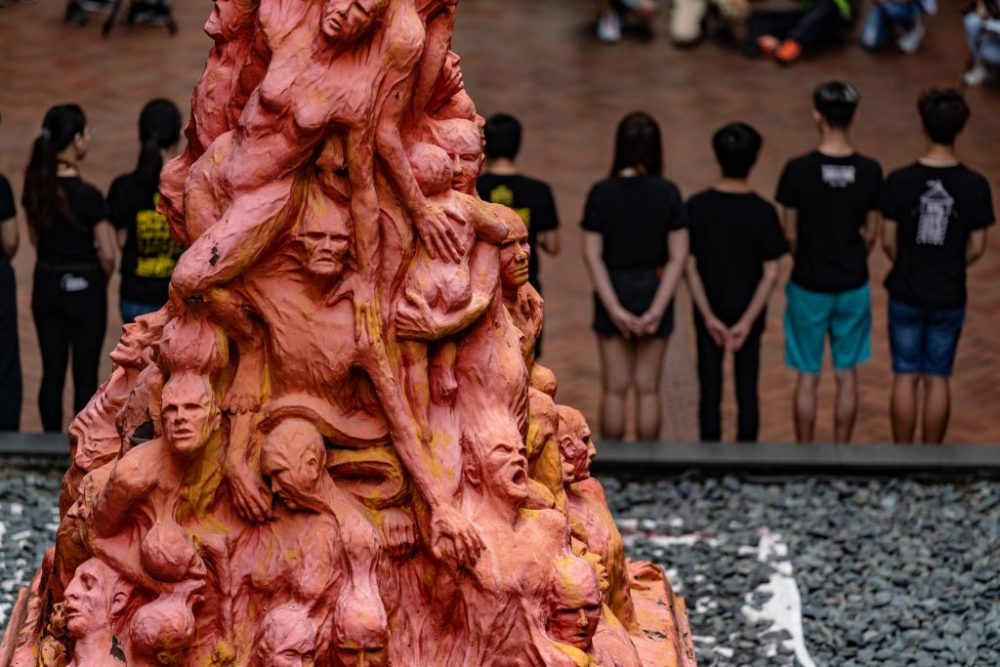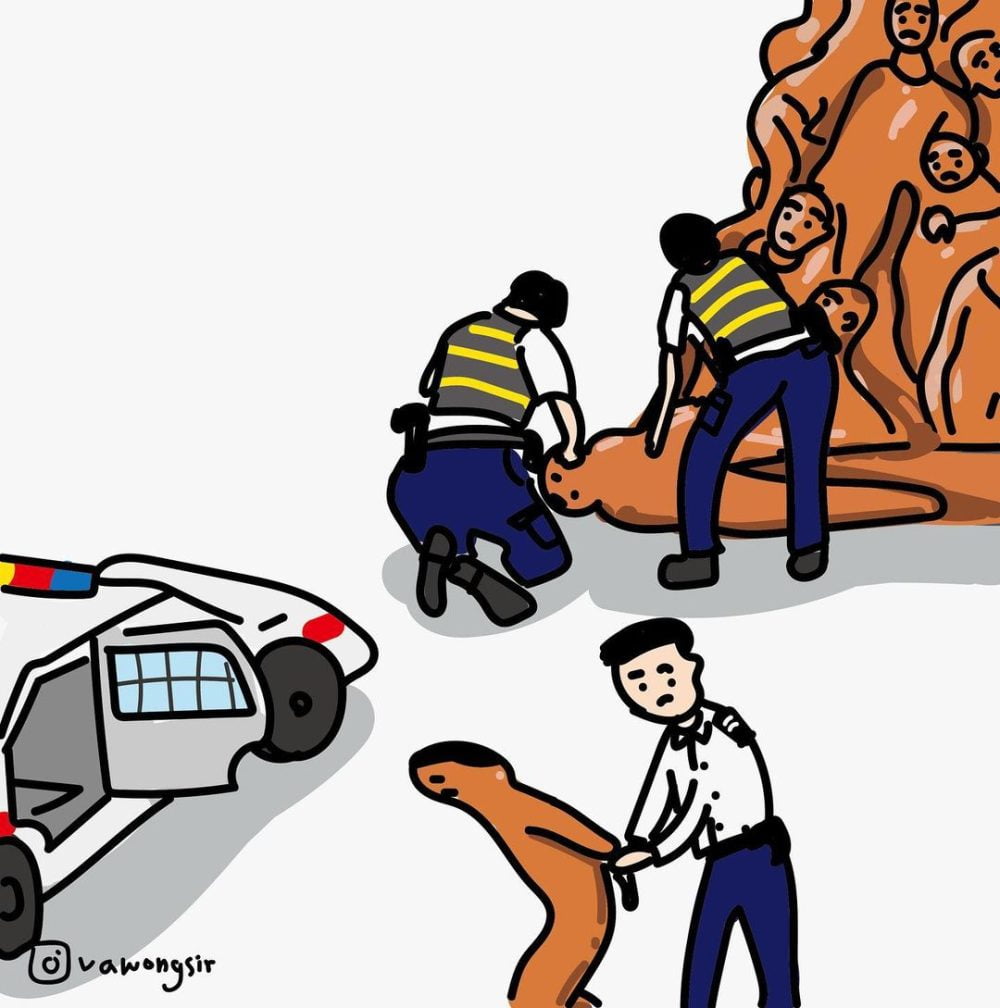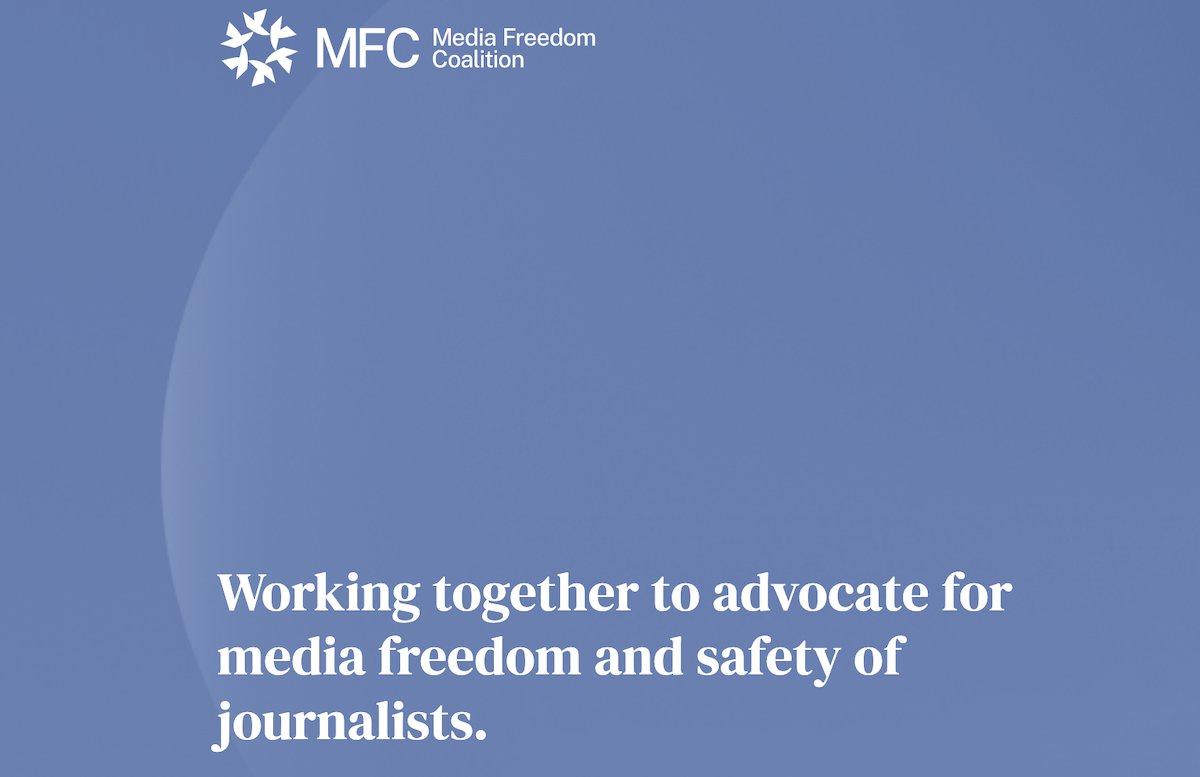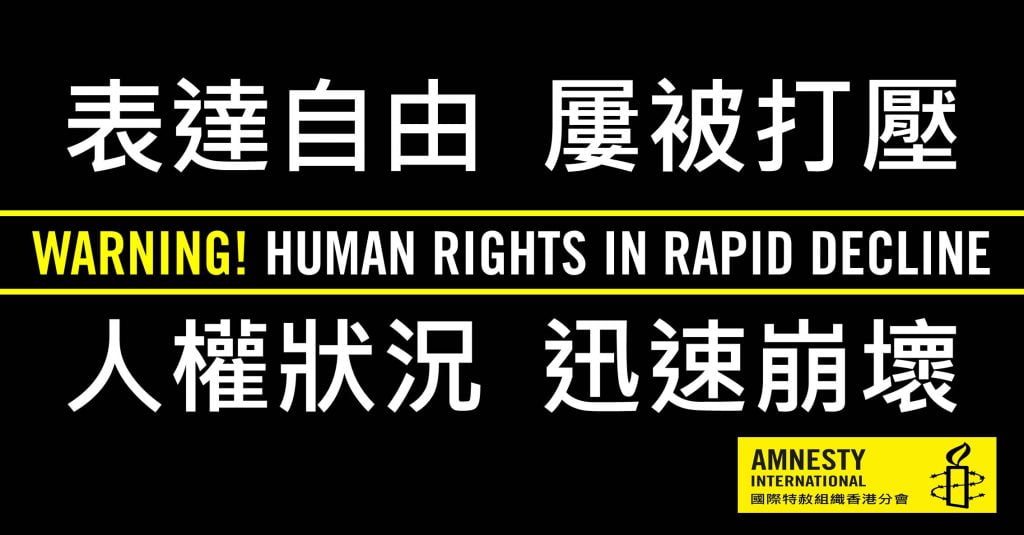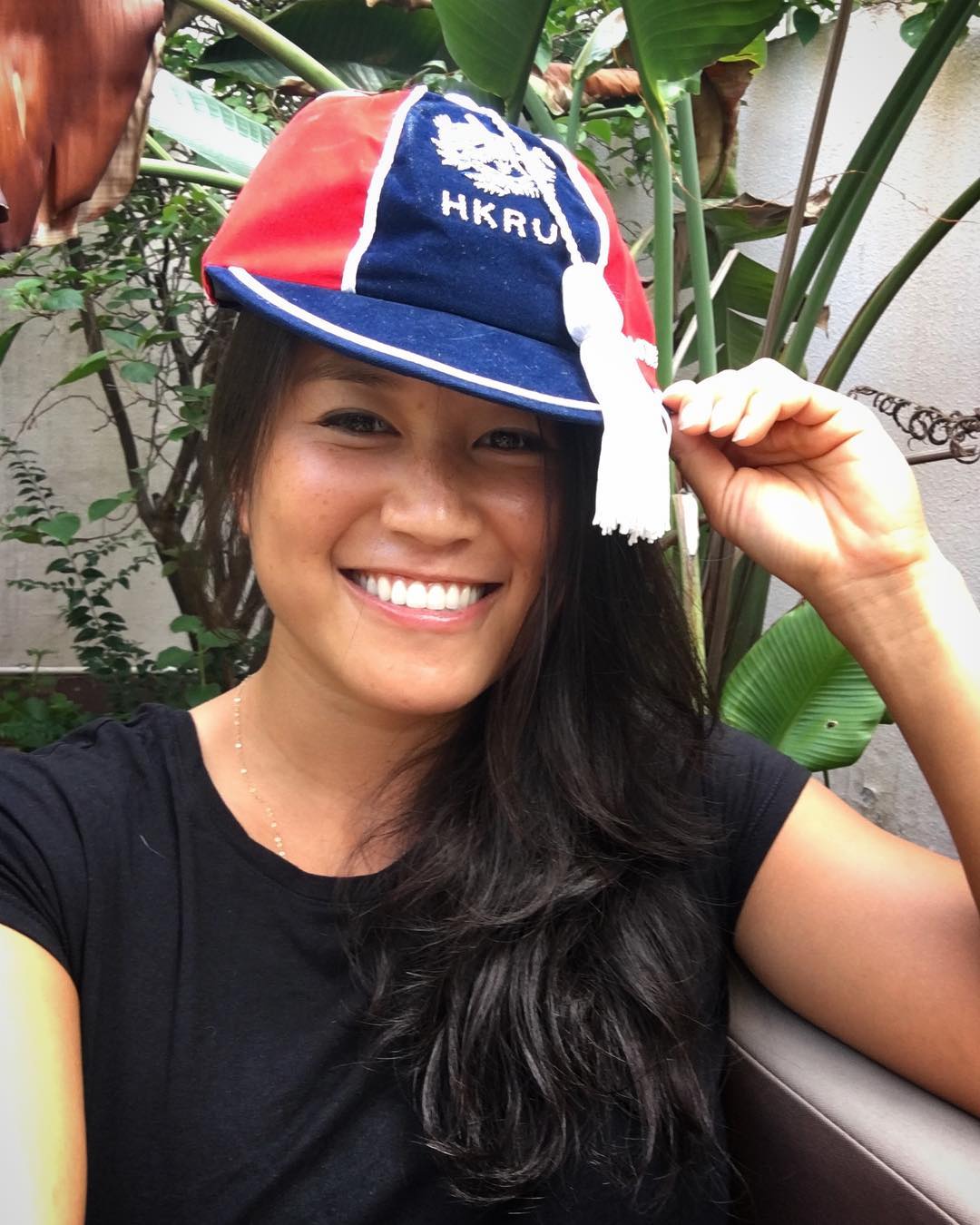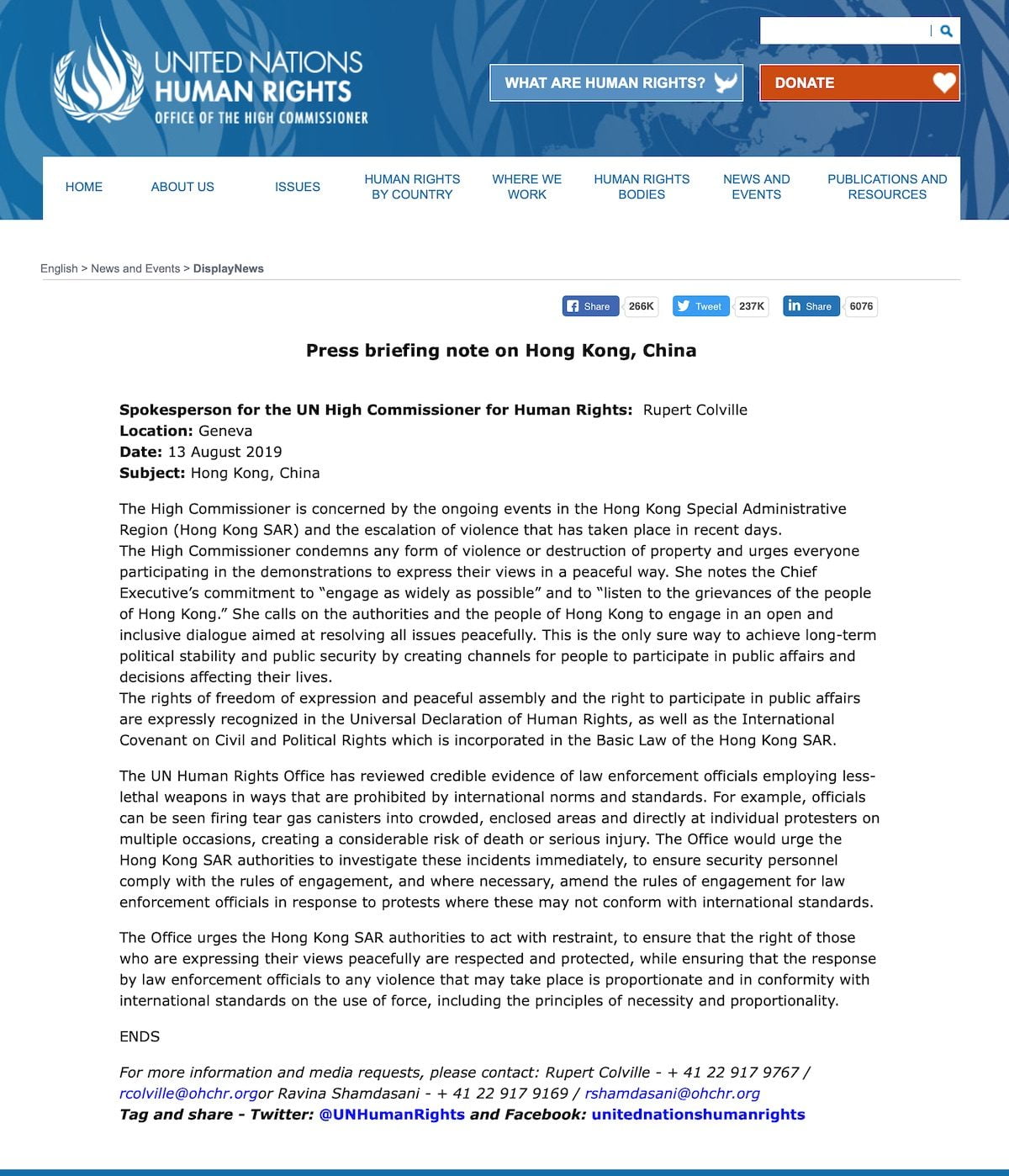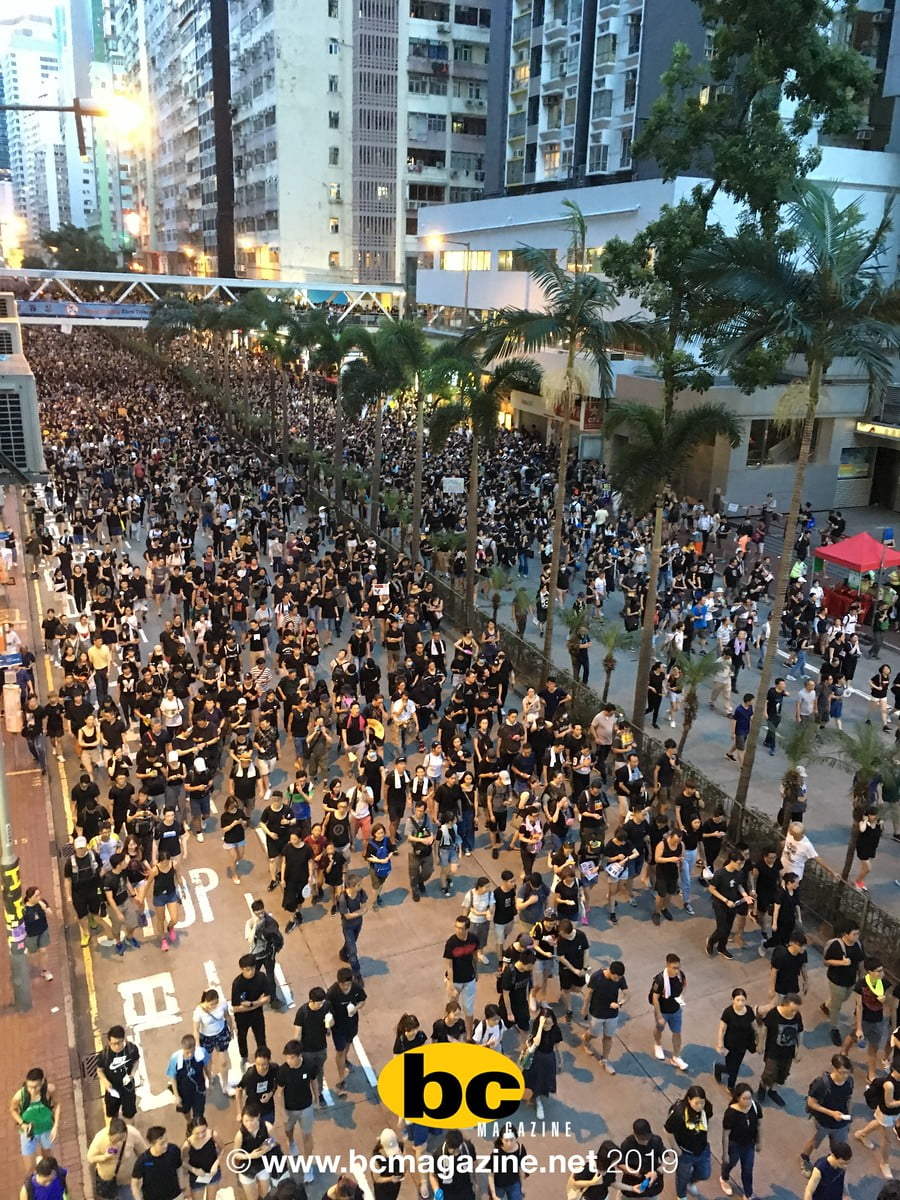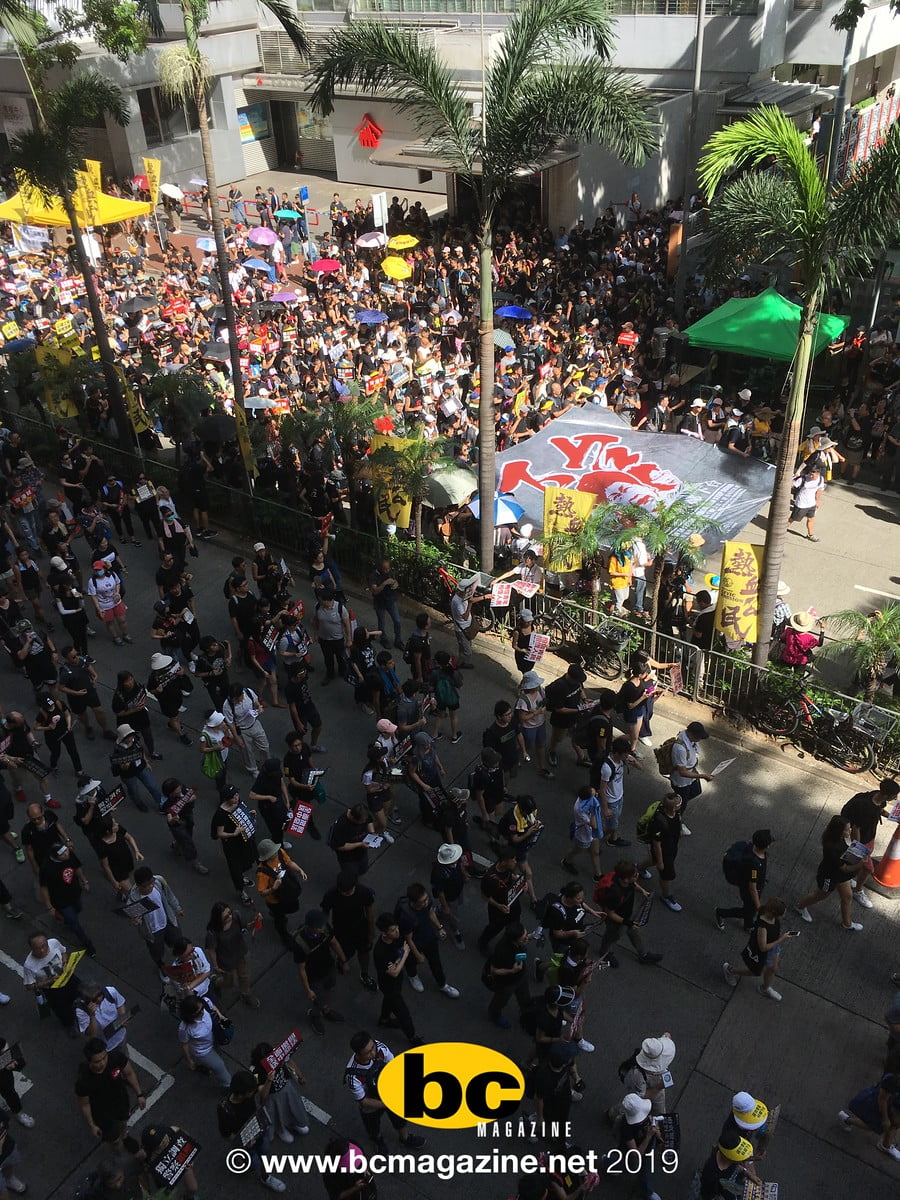In a damning inditement of the ‘new’ Hong Kong under the 2020 National Security Law Amnesty International announced today that it will close both its Hong Kong Offices.
The local ‘section’ office will cease operations on 31 October while the regional office – which is part of Amnesty’s global International Secretariat – is due to close by the end of 2021. Regional operations will be moved to the organization’s other offices in the Asia-Pacific.
“This decision, made with a heavy heart, has been driven by Hong Kong’s national security law, which has made it effectively impossible for human rights organizations in Hong Kong to work freely and without fear of serious reprisals from the government,” said Anjhula Mya Singh Bais, chair of Amnesty’s International Board.
“Hong Kong has long been an ideal regional base for international civil society organizations, but the recent targeting of local human rights and trade union groups signals an intensification of the authorities’ campaign to rid the city of all dissenting voices. It is increasingly difficult for us to keep operating in such an unstable environment.”
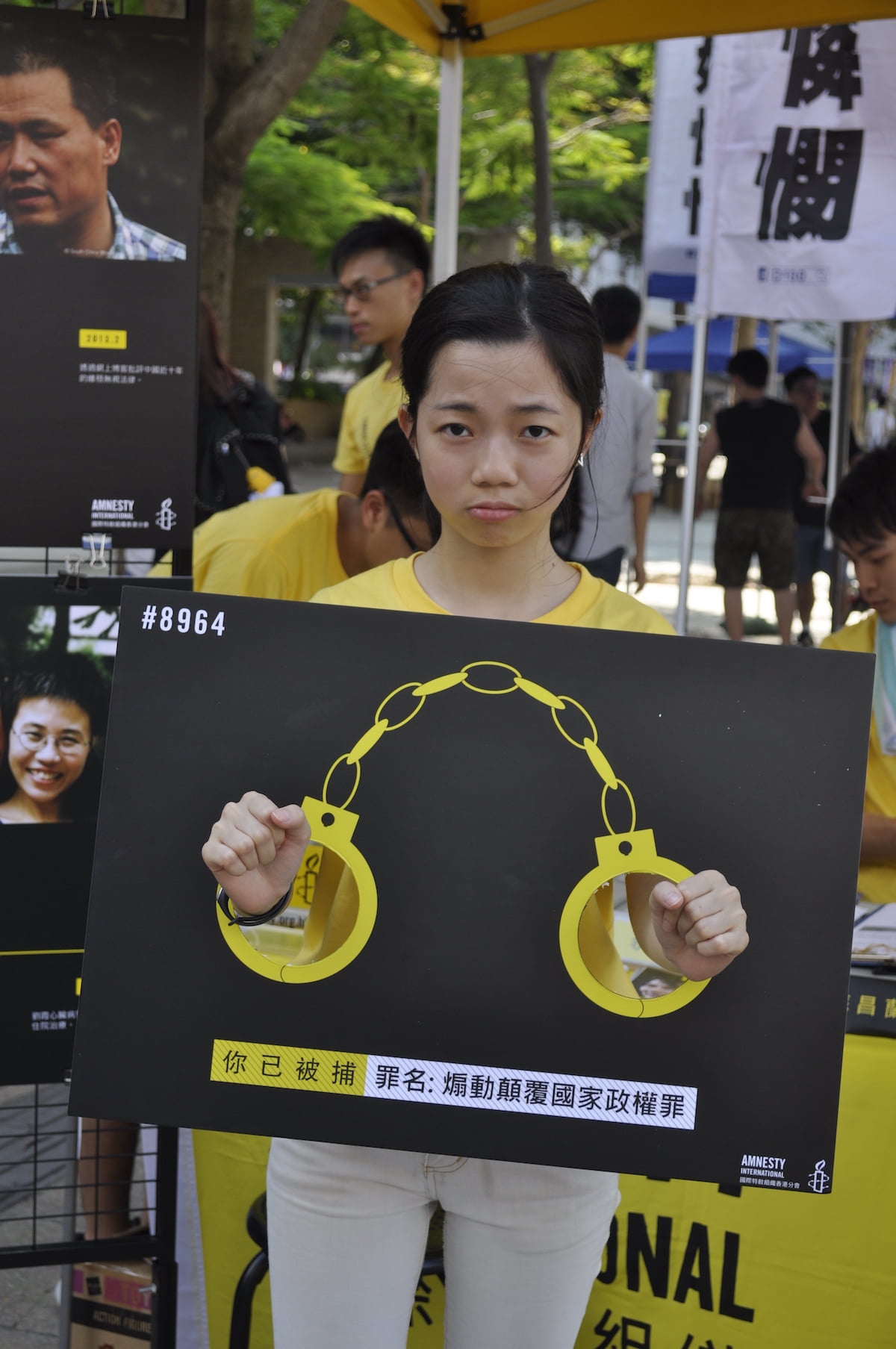
The two are Amnesty offices are a local membership section focused on human rights education in the city; and a regional office that carries out research, advocacy and campaigning work on East and Southeast Asia and the Pacific.
“We are deeply indebted to Amnesty members and staff who over the last 40 years have worked tirelessly to protect human rights in and from Hong Kong. From successfully pushing for the full abolition of the death penalty in Hong Kong in 1993, to exposing evidence of excessive use of force by police during the 2019 mass protests, Amnesty in Hong Kong has shone a light on human rights violations in the darkest of days,” said Agnes Callamard, Secretary General of Amnesty International.
“In the wider region, our research and campaigning has tackled subjects including freedom of expression in North Korea, conscientious objection to military service in South Korea, the right to housing in Mongolia, Japan’s wartime atrocities against “comfort women”, and the crackdown on human rights lawyers in China.
“Moreover, Amnesty International Hong Kong’s education programmes – from classroom talks to a documentary film festival – have enhanced awareness of human rights not only in the city’s schools but among the general public as well. No one and no power can demolish that legacy.”
Amnesty documented the rapid deterioration of human rights in Hong Kong one year after the enactment of the national security law in a June 2021 briefing.
“The environment of repression and perpetual uncertainty created by the national security law makes it impossible to know what activities might lead to criminal sanctions. The law has repeatedly been used to target people who have upset the authorities for any number of reasons – from singing political songs to discussing human rights issues in the classroom,” said Anjhula Mya Singh Bais.
“The pattern of raids, arrests and prosecutions against perceived opponents has highlighted how the vagueness of the law can be manipulated to build a case against whomsoever the authorities choose.”
A government crackdown targeting activists, opposition politicians and independent media has recently expanded to include civil society organizations. At least 35 groups have disbanded since the law was enacted, including some of the city’s largest unions and activist groups.
“There are difficult days ahead for human rights in Hong Kong, but Amnesty International will continue to stand with the people of Hong Kong. We will fight for their rights to be respected and we will be vigilant in our scrutiny of those who abuse them,” said Agnes Callamard.
“While leaving the city that we have called home for decades is devastating, we do so proud of our achievements over that time, and confident that the strength of Amnesty’s 10 million-plus supporters worldwide will enable us to continue our work together to end human rights abuses everywhere.”

